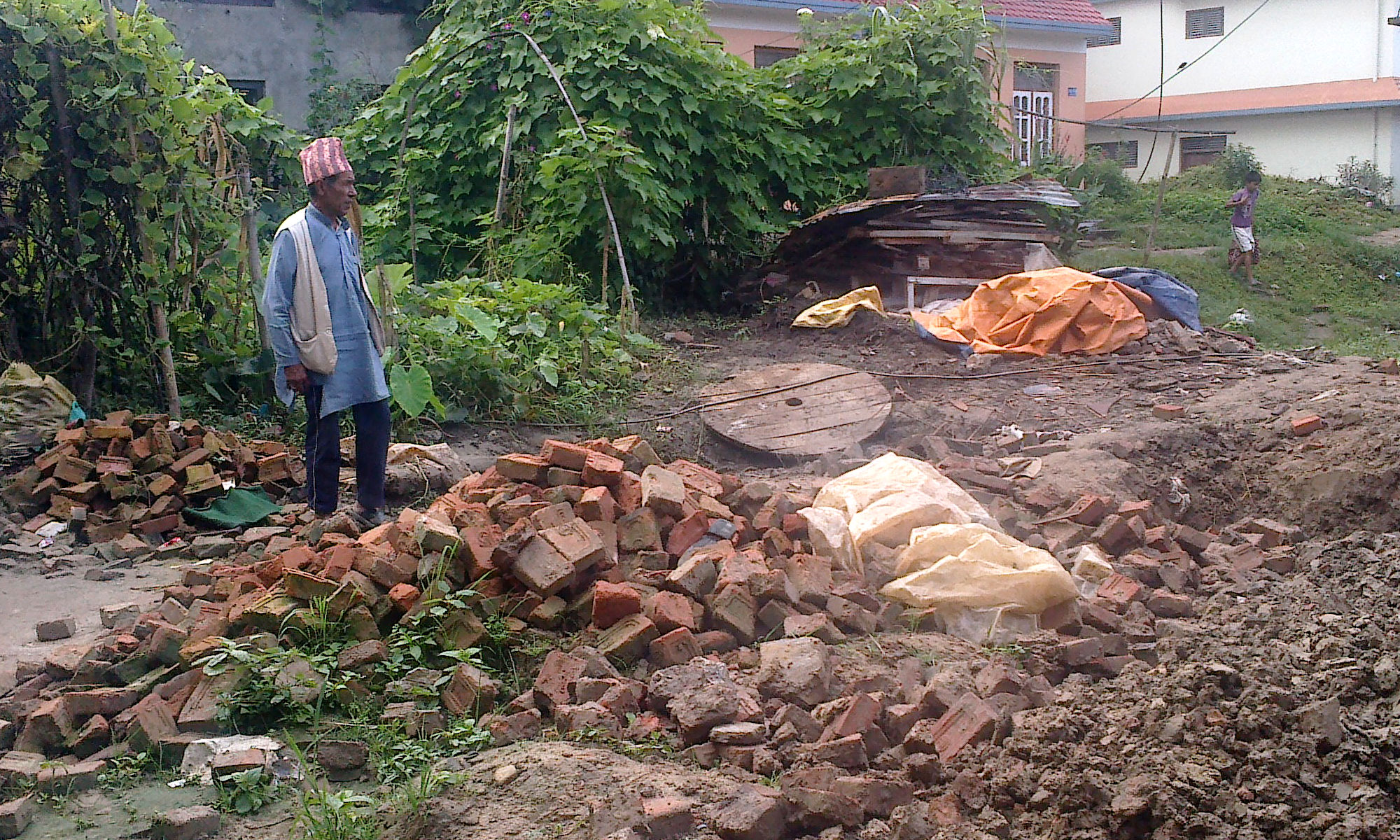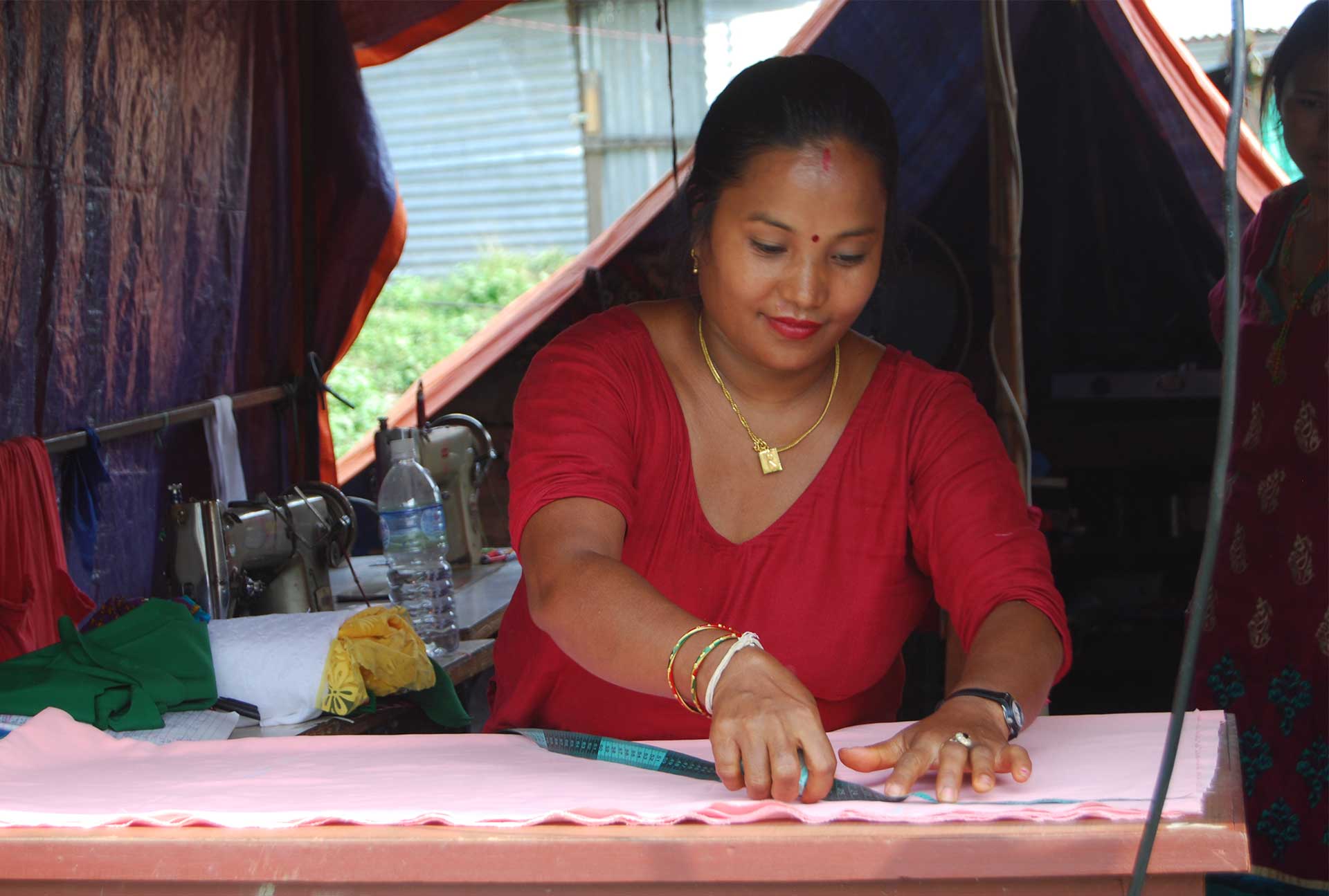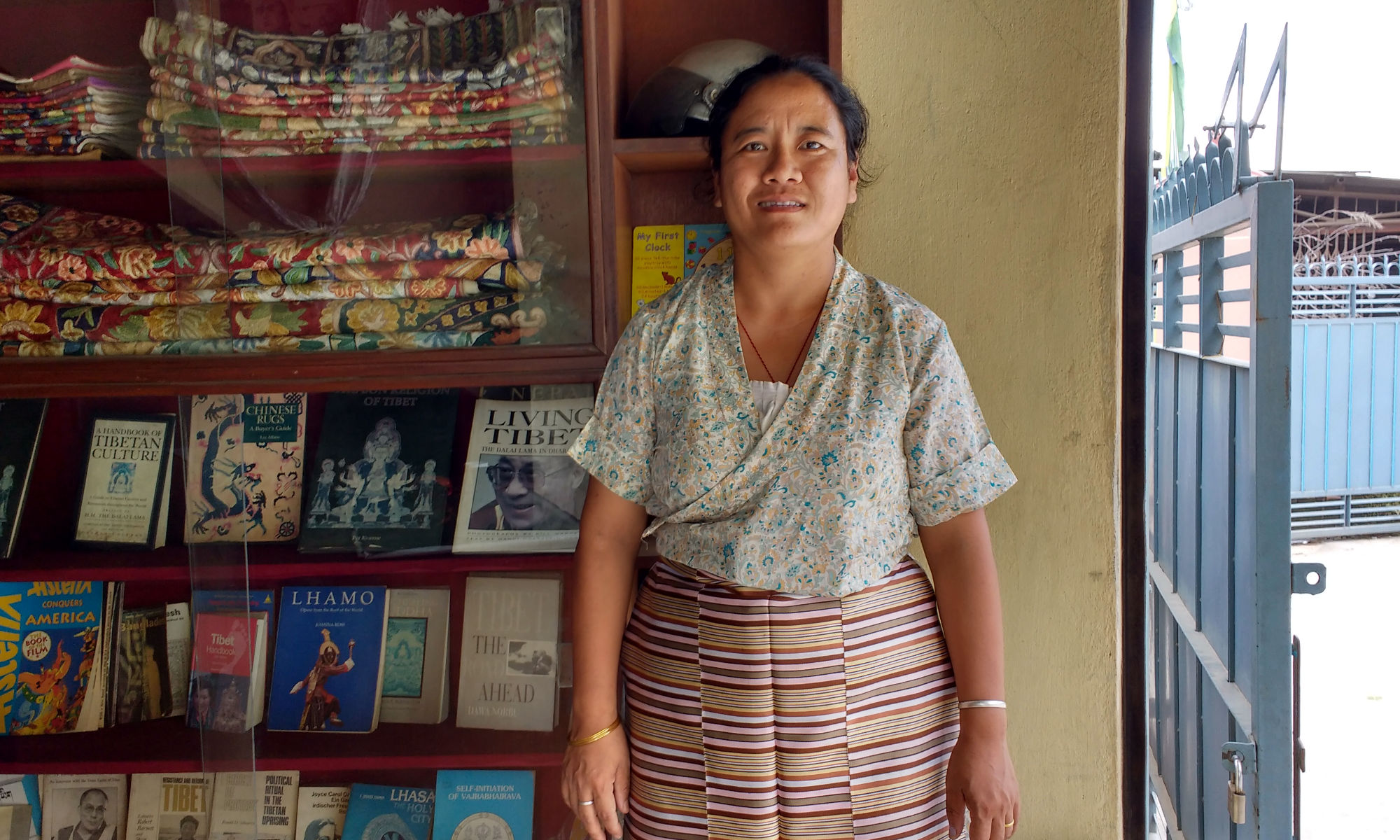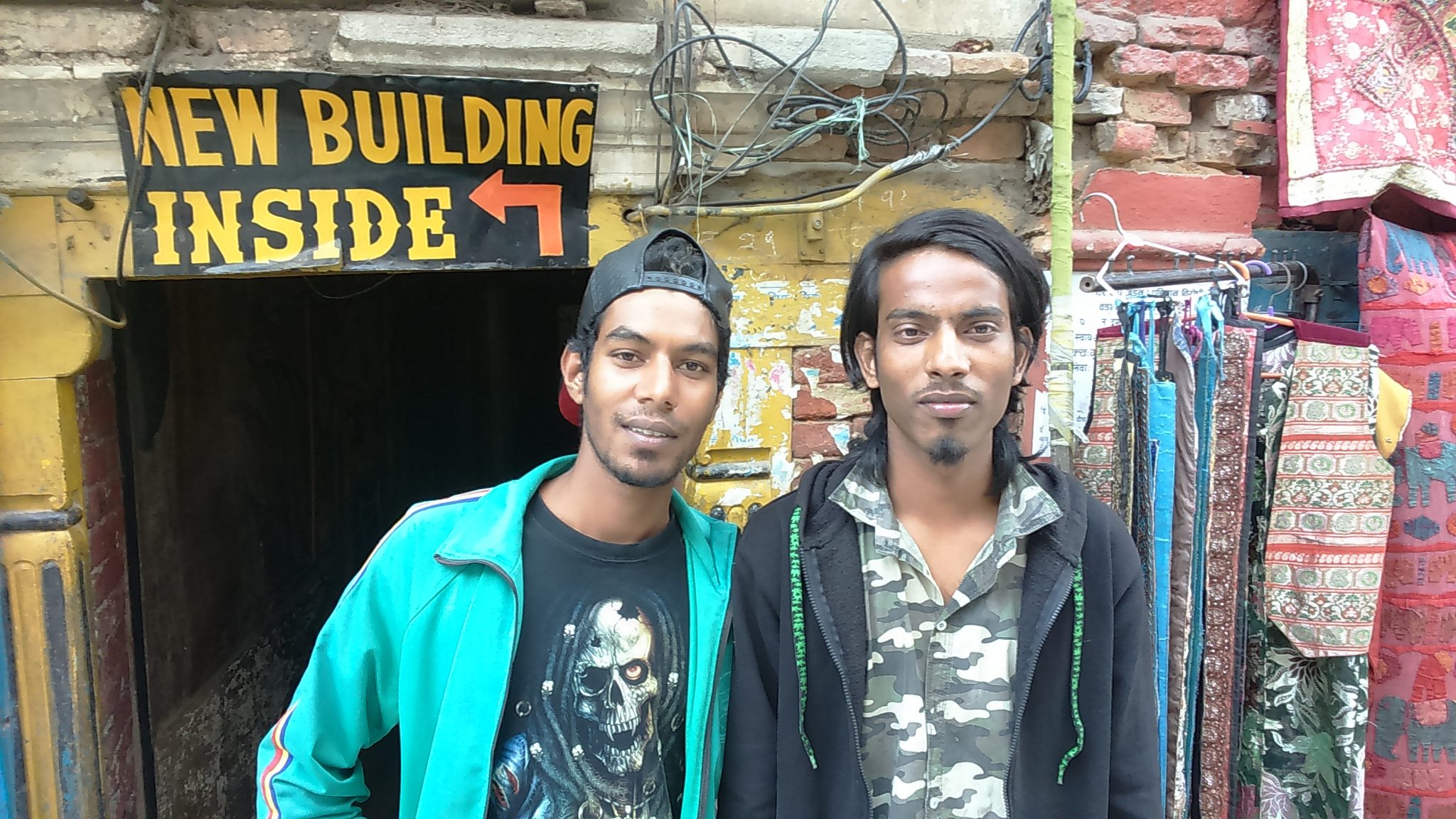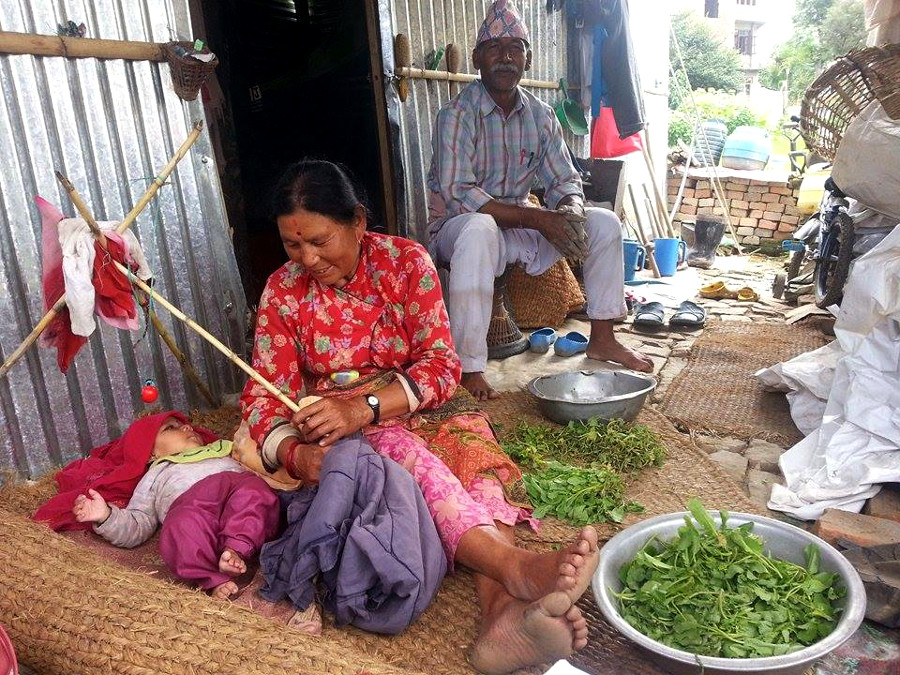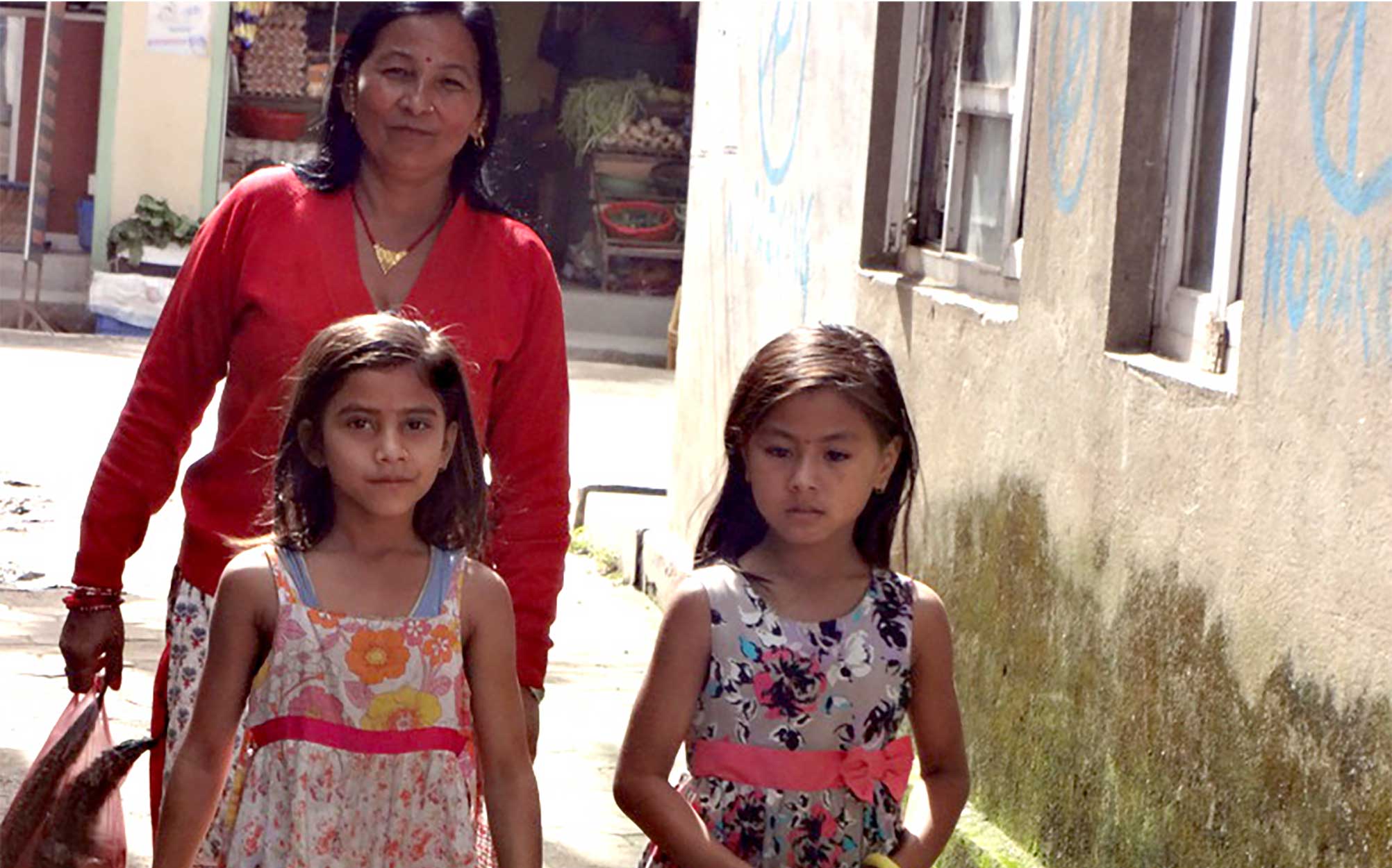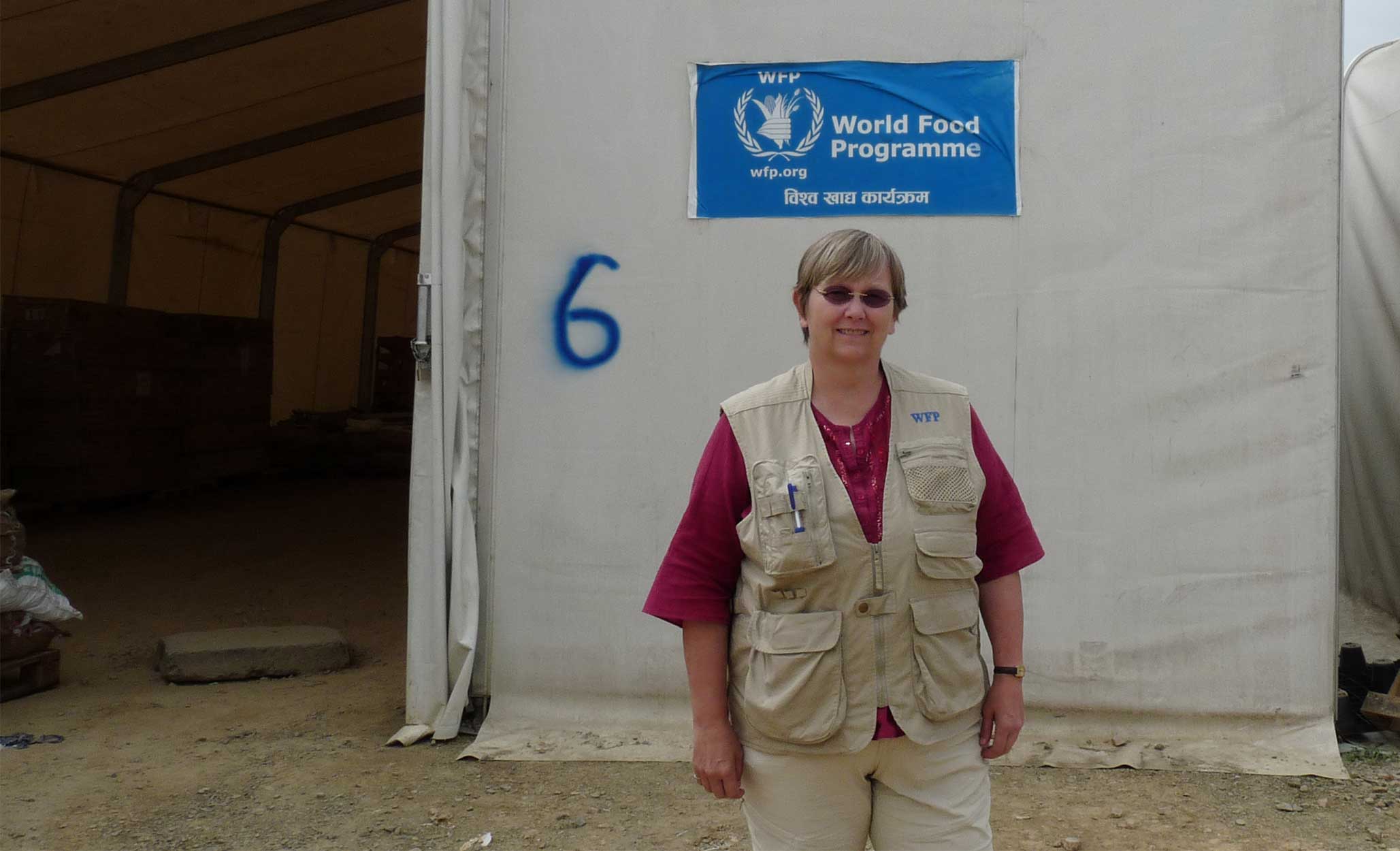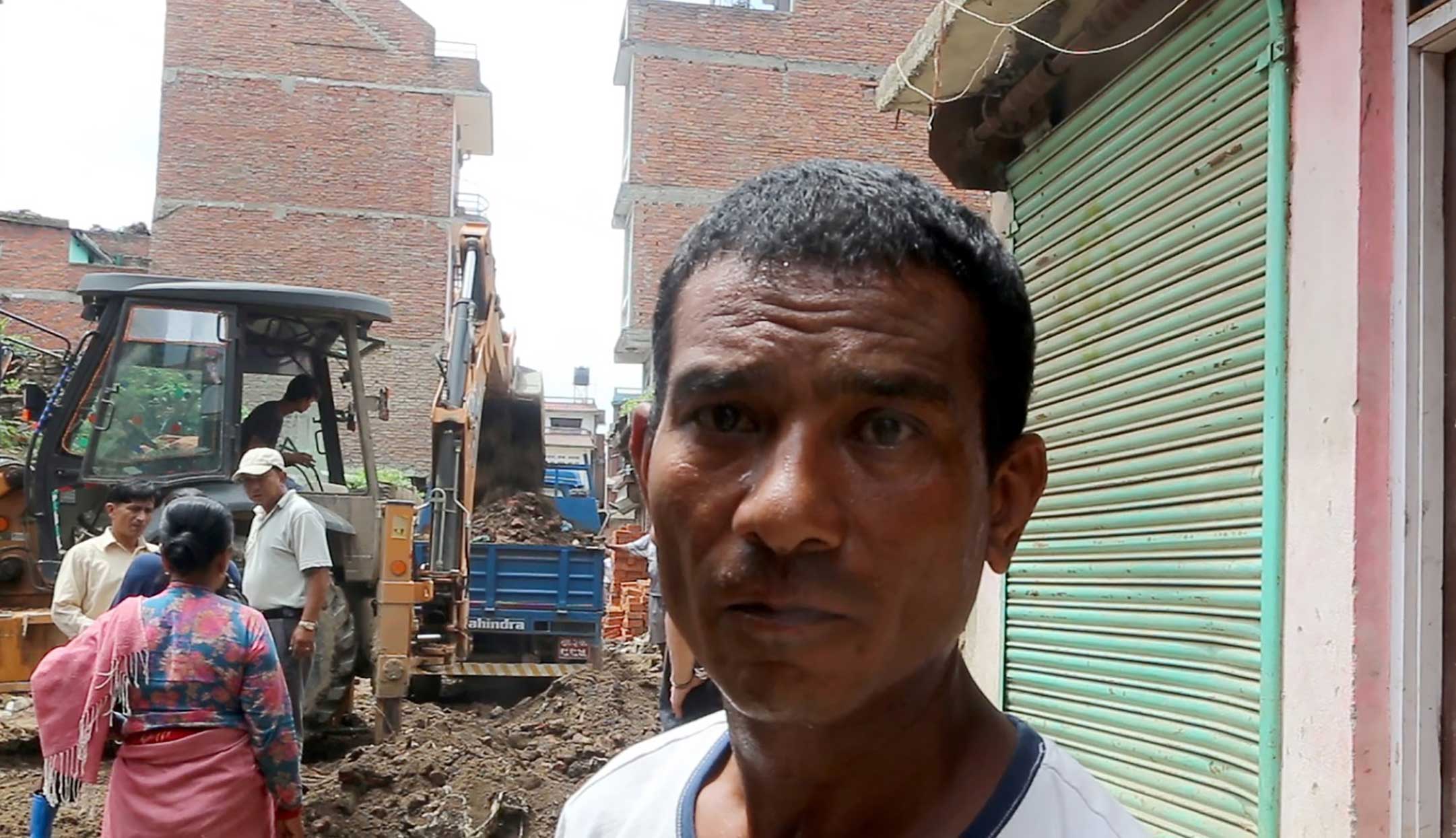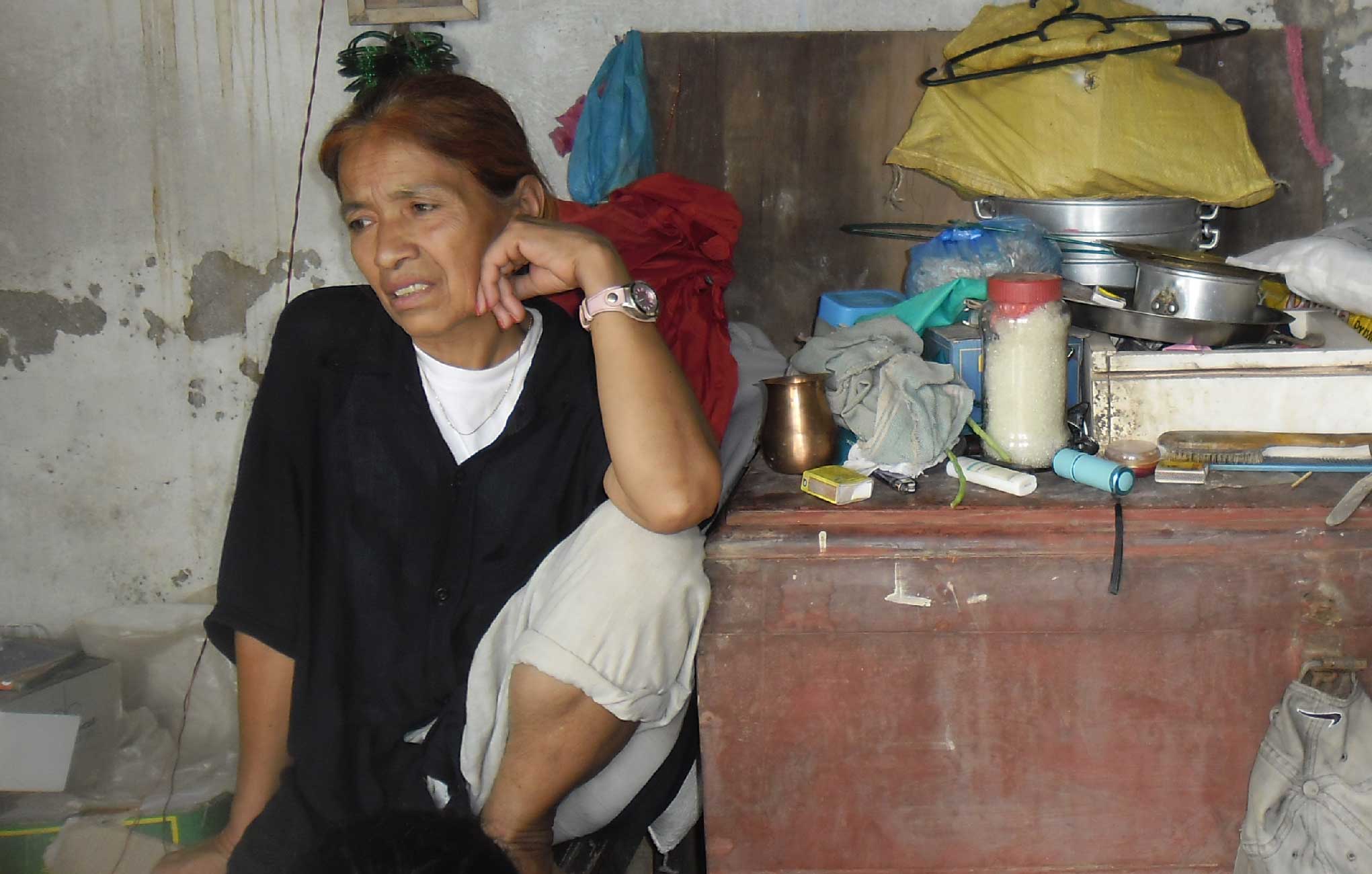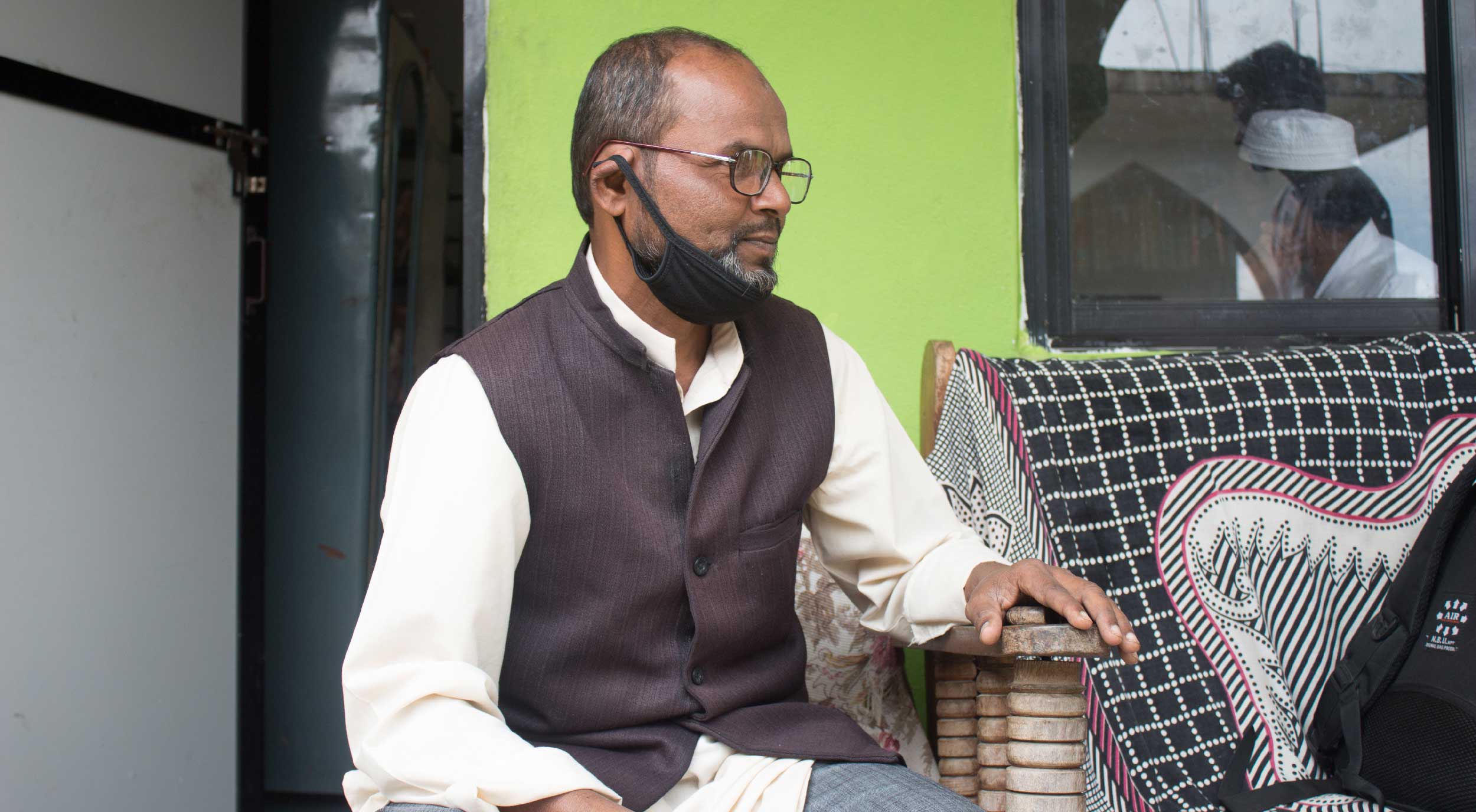‘It is not just me in this situation. The whole of Nepal is facing the same tragedy’
“This is where my house stood. I built it myself. I got married here. My seven children grew up here. My parents took their last breath here. So when I walk around it now, it is like I am walking around a piece of my destroyed heart. After the earthquake, we spent some days in a tent provided by the Red Cross, some days in a hut, and some in a buffalo shed. Now we live a very congested life, renting a small room. But I still use the courtyard of my house for the bathroom and for water. My sons and I want to build a new house. We have about Rs 300,000, but that is not enough. I don’t expect any compensation money from the government, but if the government can provide us loans, it would make our lives easy. My sons are ready to take on the loans. But it is not just me in this situation. The whole of Nepal is facing the same tragedy.”
Photo: Mandira Dulal

